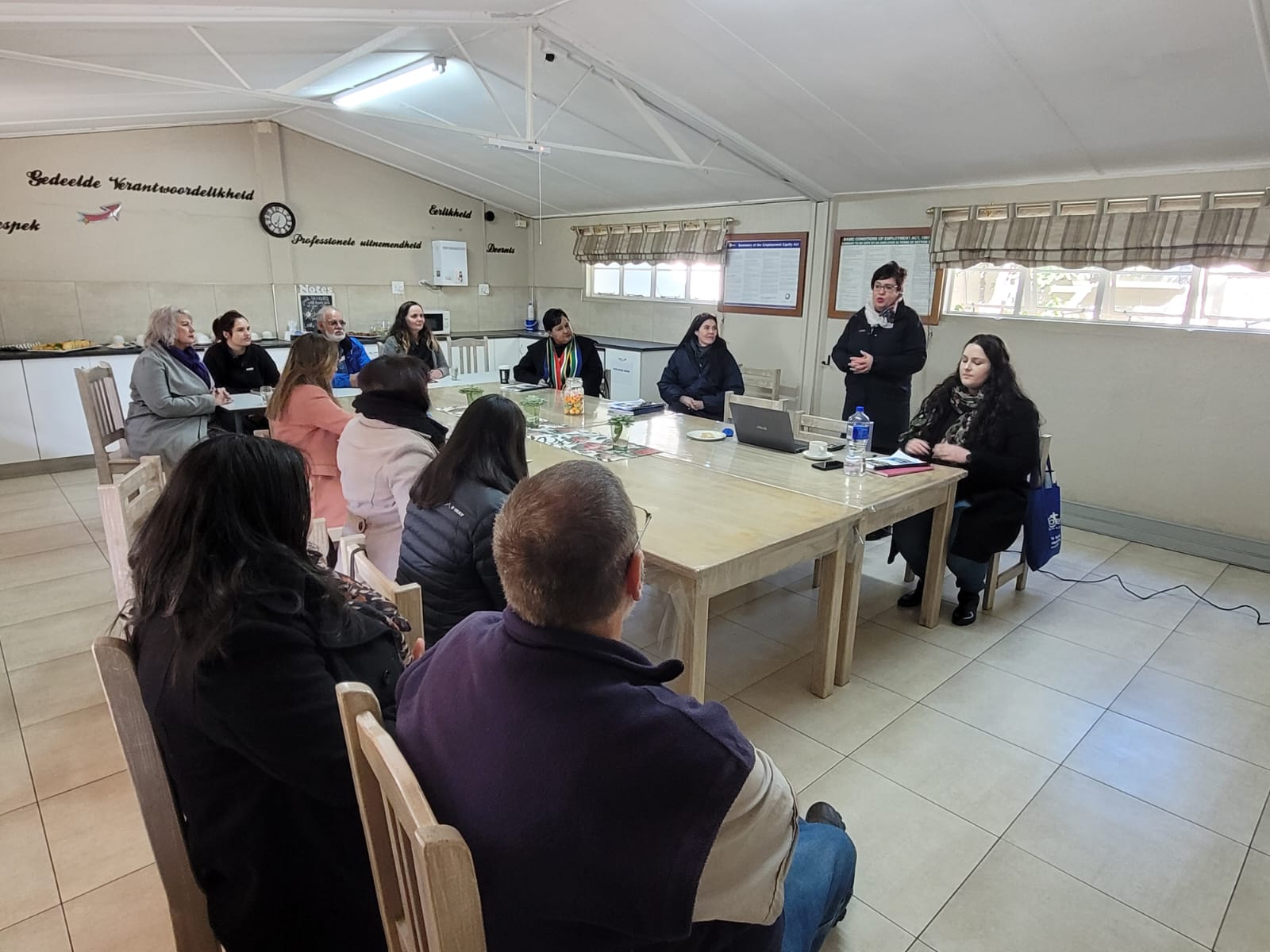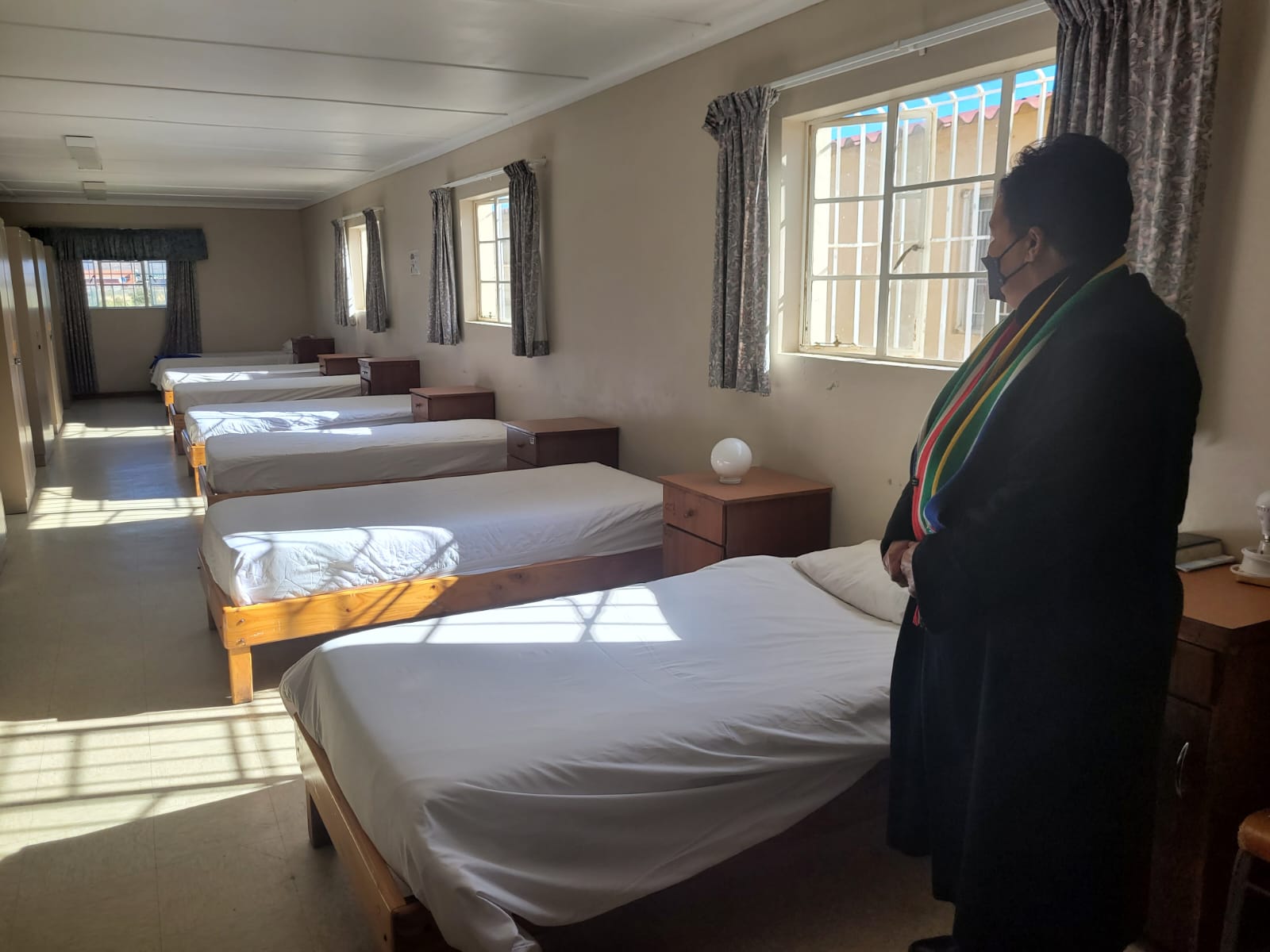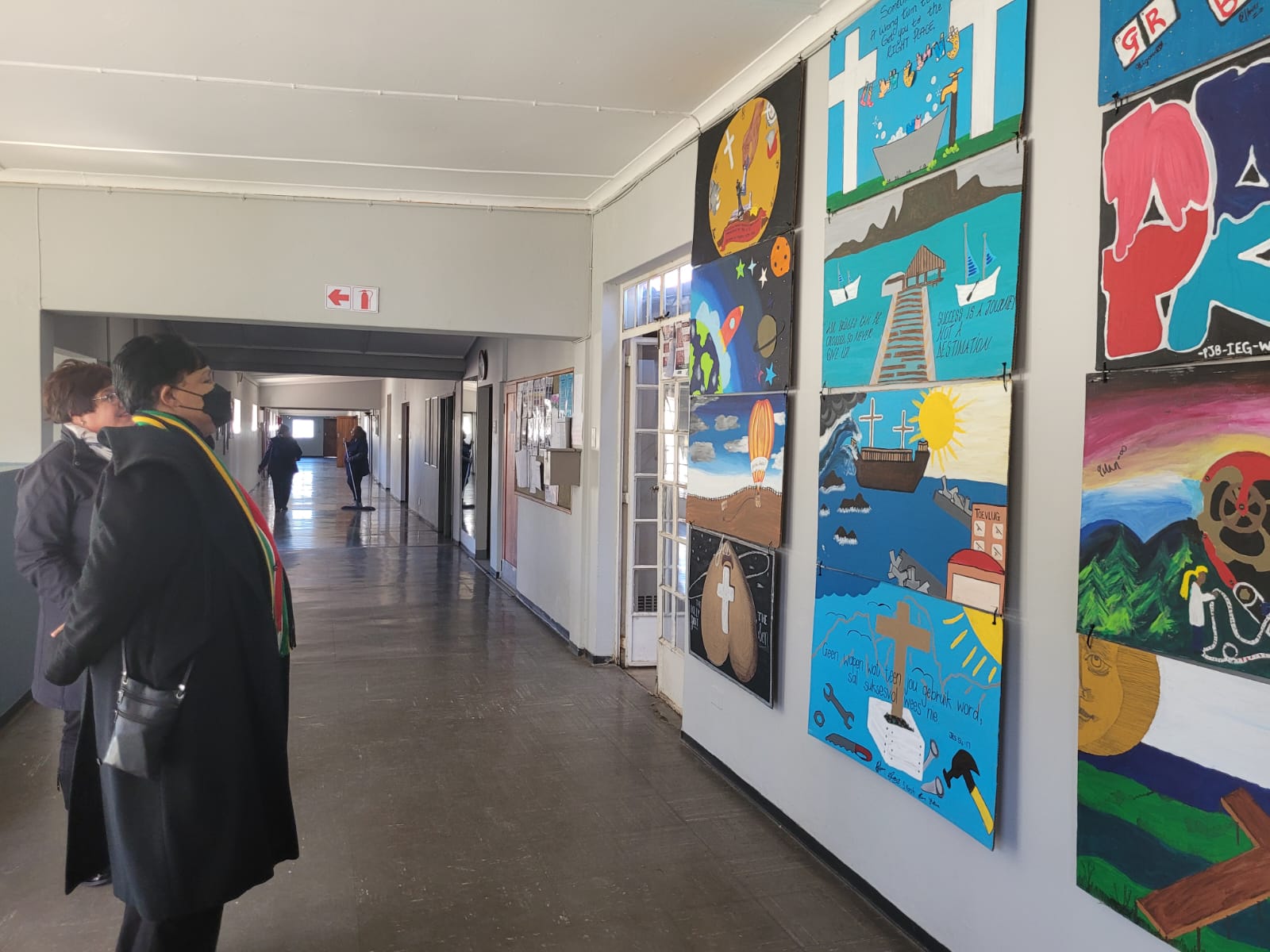
News
World Drug Report: Tik on the increase in Africa
The latest World Drug Report from the United Nations Office on Drugs and Crime (UNODC) reveals Methamphetamine trafficking is on the increase in Africa.
“Seizures of the drug were reported by 26 countries in the region in the period 2011–2021 – almost triple the number in the period 2000–2010 and accounting for almost half of all the countries in Africa. The overall largest aggregated quantities of methamphetamine seized in the region over the past decade were in Mozambique and South Africa, followed by Nigeria,” the report states.
Methamphetamine or “tik” as it’s more commonly known in South Africa, has been one of the most abused substances in the Western Cape particularly for a number of years.
When it comes to Substance Use Disorders (SUDs), the Western Cape Department of Social Development remains committed to supporting those seeking treatment, and their families. The provincial department has allocated R108.8 million to its Substance Abuse, Prevention and Rehabilitation programme in the 2023/2024 financial year.
This includes subsidies to 6 in-patient treatment centres in the province, which provide treatment for both adults and youth between the ages of 13-18 years of age. Total bed spaces are 671.
Provincial Minister of Social Development, Sharna Fernandez, visited one of these centres, Toevlug Centre in Worcester, on 10 July 2023. Many clients who seek this facility’s services struggle with tik addiction, especially men and boys.
Toevlug Centre has a multidisciplinary staff complement, which includes registered nurses, social workers, and an occupational therapist amongst others, that provide in-patient and outpatient treatment programmes to adults and youth, as well as a community program.
Centre manager, Theresa Rossouw, highlighted there has been an increase in the number of patients requiring subsidised beds, while the number of private and medical aid patients was low. Rossouw believes this is indicative of a global economic decline since COVID-19, trickling down into communities. Despite budget constraints, Rossouw and her team remain committed to helping those battling with SUDs.
One patient who is three weeks into the 5-week programme said: “I never knew I’d be able to say I’m clean. This is the first birthday my mother has celebrated since 2008 where her son is sober. Here I also experienced people asking me how I am doing, something which never happened before. It made me feel noticed.”
Another patient who’s at the end of her treatment said: “I’m not the same person anymore, I’ve changed. When I first arrived here, I was deeply disappointed in myself, but also determined. Now I see a future for myself, although I know it won’t be easy.”
“I am inspired by the stories of hope and perseverance shared by these clients. They are proof that with a little bit of kindness and human connection, a lot of determination, and qualified professionals, people can change. I encourage families whose loved ones are suffering with an SUD to seek help from registered organisations like Toevlug Centre, or any one of the other registered Substance Abuse support services in the province,” says Provincial Minister Fernandez.
For more information about DSD Substance Abuse services, please call our toll-free number 0800 220 250 or visit your nearest Department of Social Development local office. You can also visit: https://www.westerncape.gov.za/dept/social-development/services/956
Monique Mortlock-Malgas
Spokesperson to MEC Sharna Fernandez
Department of Social Development
Tel: 084 775 2975
E-mail: Monique.Mortlock@westerncape.gov.za
Website: www.westerncape.gov.za







